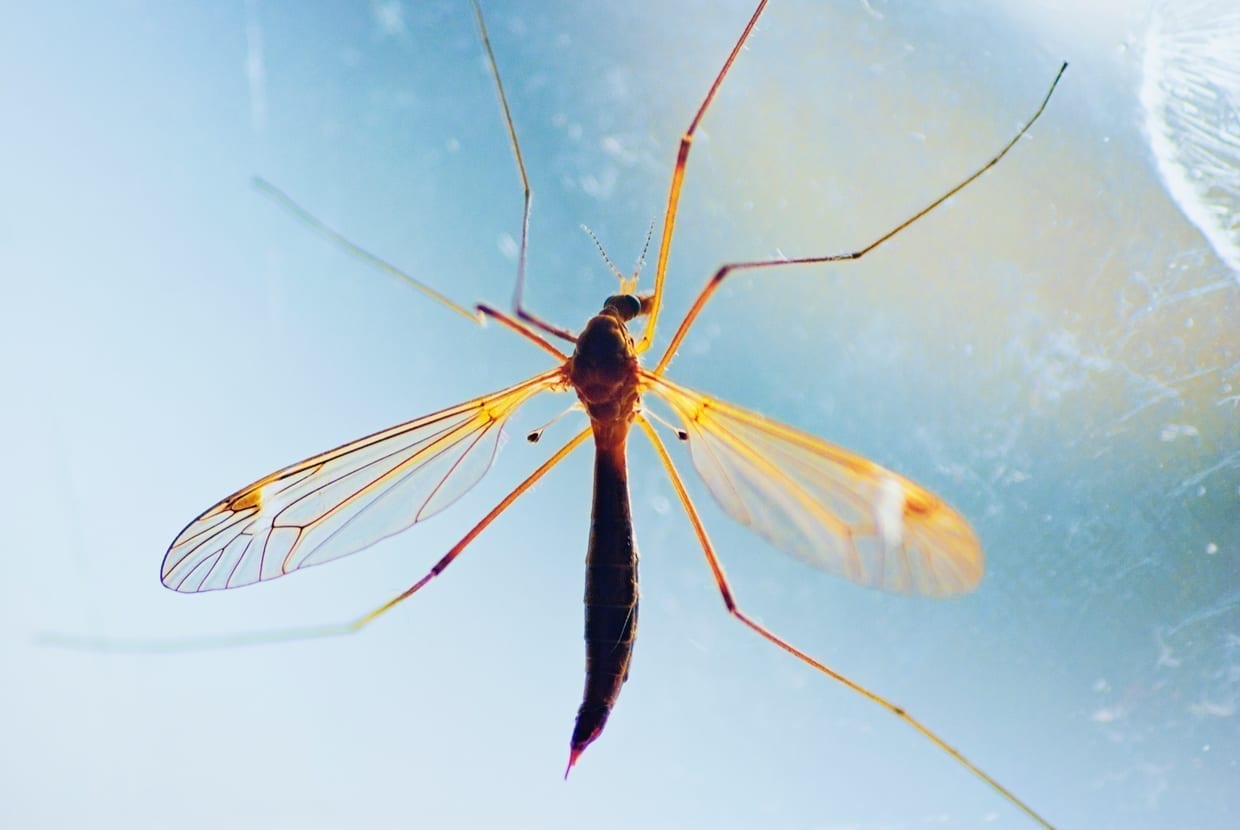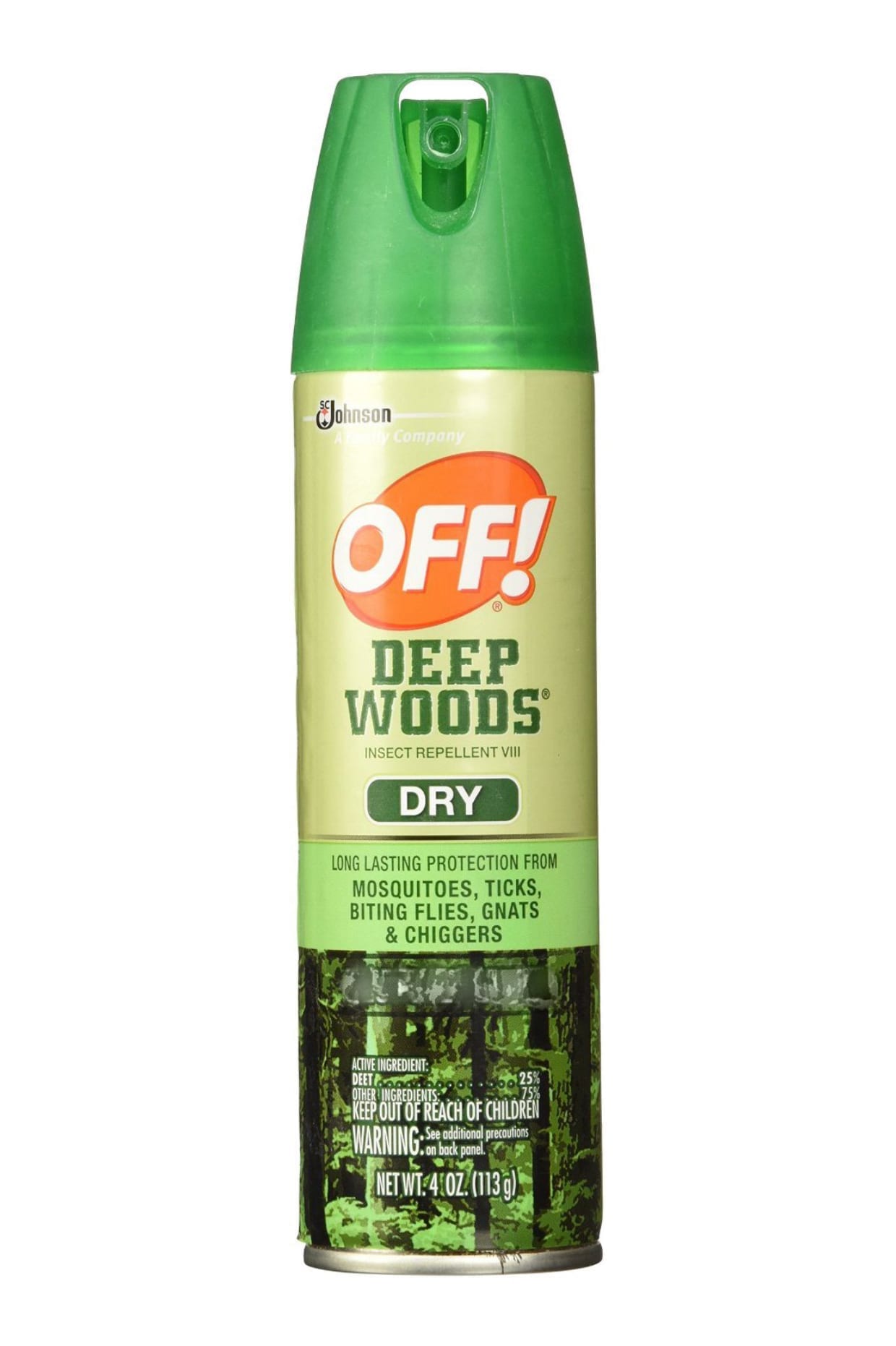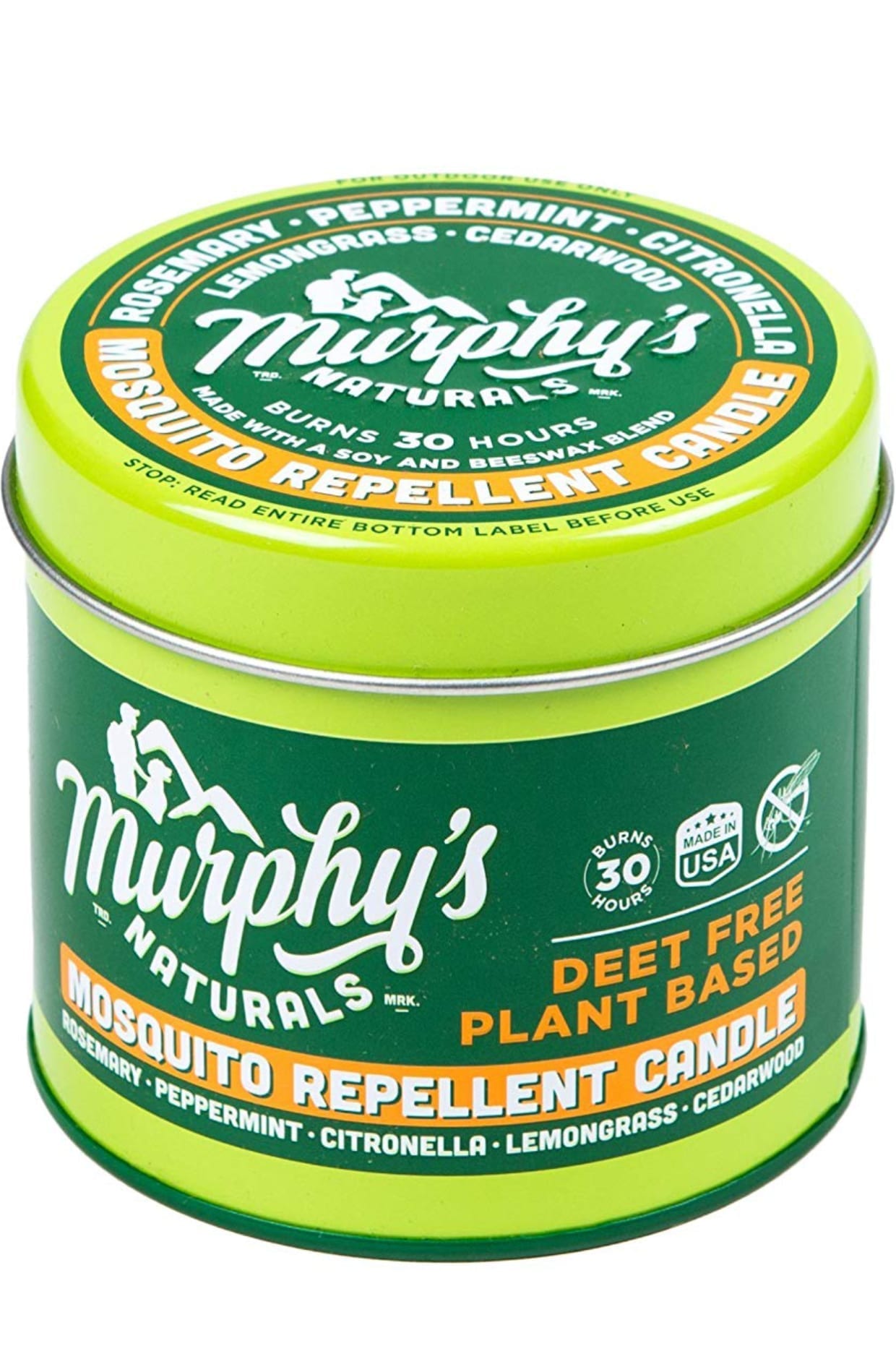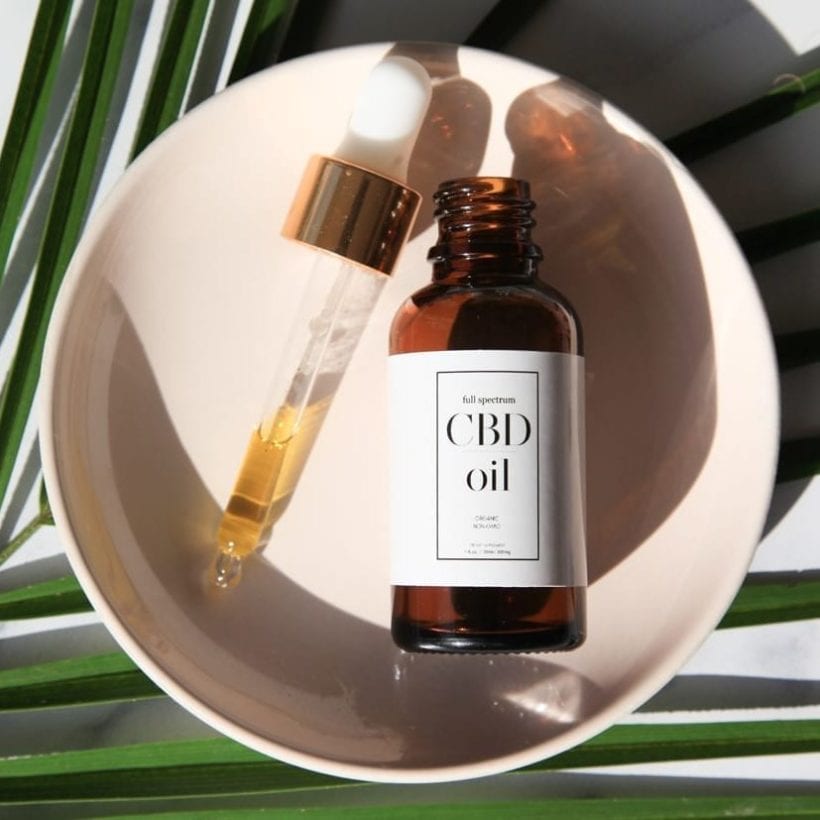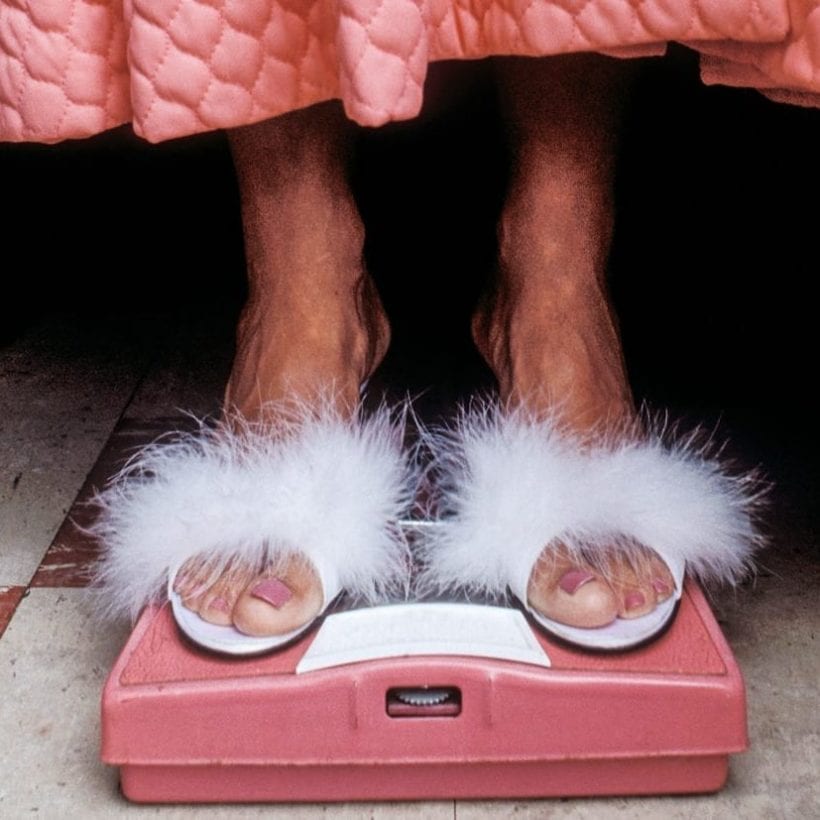If you have ever wondered why mosquitos seem to take to certain people, it is not all in your head. It is actually a fact that mosquitos are attracted to some more than others — people who produce what they call “attractants” in the mosquito world.
For one, mosquitos are attracted to the carbon dioxide we exhale, and there are people whose metabolic rate is naturally high, so they produce more carbon dioxide. The more carbon dioxide we produce, the easier we are to recognize. “The normal resting heart rate is around 72 bpm [beats per minute]. Anybody whose heart rate is above that or close to that is producing more carbon dioxide, so the more biting arthropods you’ll attract,” says Jonathan F. Day, professor of entomology at Florida Medical Entomology Laboratory at the University of Florida. Then, there are secondary attractants like acetone, estradiol and lactic acid. “Lactic acid is a byproduct of muscle firing and it’s dispersed through the skin,” adds Day. “Cramping is caused because of lactic acid and lack of oxygen in the muscles, so anyone who exercises and brings their muscles to a point of cramping [is likely to be more attractive to mosquitos].”
And there is evidence that mosquitos are most attracted to Type O blood and least attracted to Type A.
If you are one of those people who just can’t seem to get away from mosquitos, rest assured that there are steps you can employ to prevent bites. Luckily, there is more to it than just a good bug spray, and because of that, we decided to give you a quick run-down of every option this summer.
What Type of Bug Repellant Should You Pick?
Most of the bug sprays that we apply to our bodies are repellents, not an insecticide, which means they do not kill bugs, they just keep them away from you. “Mosquitos will often land and touch and fly off,” says Day. The most common are either botanical repellents or DEET-based repellents. Botanicals are the ones that use lemon, eucalyptus oil, citronella or geranium as its active ingredients, which mosquitos find irritating; while DEET-based repellents will feature N, N-Diethyl-m-toluamide as its active ingredient.
DEET: “There’s some evidence that DEET interferes with the sensory receptors in mosquitos, and mosquitos get overloaded and confused and fly off because they don’t know what to do,” Day says. DEET-based repellents come in concentrations of 5-100 percent, but Day says that products in the 10-15 percent DEET range are perfectly fine and will provide protection for around 90 minutes, whereas botanical repellents usually only have a “completion time” of 20 minute — so you have to reapply more often. Consumer Reports have consistently ranked DEET-based repellents among the top performers, but that is not too say there is not controversy that surrounds it. Many consumers have reservations about DEET because the ingredient has been linked to seizures and child brain damage in the past. However, the Environmental Protection Agency (EPA) has performed extensive reviews and has found that any risks are very minimal — they estimate that any seizure linked to DEET may occur 1 in 100 million applications. The incidence of DEET poisoning is very low, and usually has involved misuse of the product.
Picaridin: This is is another alternative to DEET-based products, which has proven to show long-lasting results, comparable to products with about 10 percent DEET. Compared to DEET, it is odorless and has not been shown to cause any skin irritation. Studies show it has fewer unpleasant effects than DEET and doesn’t feel oily on the skin.
Insect-Repellant Clothing: For those who do not want to use bug spray, there is also the option of insect-repellent clothing, which is clothing that has been treated with permethrin, a synthetic form of a naturally occurring insecticide called pyrethrum. Permethrin bonds to clothing and remains repellent to insects for two-six weeks or 5-20 washes. To treat clothing with permethrin, you need to buy a can, spray clothing until its moist, then hang up to dry completely.
Bracelets: You can also invest in mosquito-repellent bracelets that are infused with botanical products such as citronella or peppermint oil, but these have been found to not be as effective in preventing mosquito bites — the odor they release is not as strong and does not protect your entire body. One study found it was effective at preventing bites a few centimeters from the hands.
Citronella candles: These are marketed as effective in keeping mosquitos at bay. In fact, the Center for Disease Control and Prevention even lists oil of lemon eucalyptus as product that will provide long-lasting protection. However, studies show they they only reduce mosquito bites by half, and they are not super effective outdoors, where mosquitos thrive.
Additional Tips to Keep Mosquitos Away:
Did you know mosquitos can’t fly if it is windy? This is just one of the natural remedies — like simply knowing to avoid peak mosquito biting time, which is sunrise and sunset — to help ward off bites.
And if you step outside in the evenings, especially in wooded, shaded areas near standing water or bogs, you will want extra protection. “Cover as much of your skin with a fabric that mosquitos can’t bite through,” says Days. “There are lots of tightly-woven athletic fabrics that are very breathable and are great for hikes or being outdoors.”
